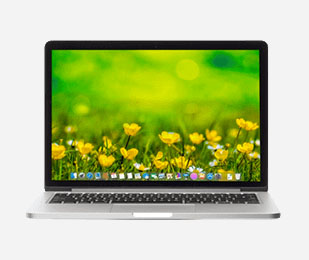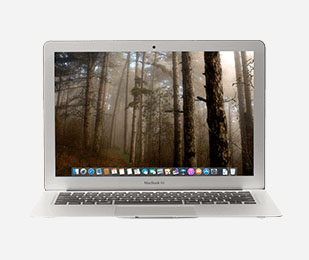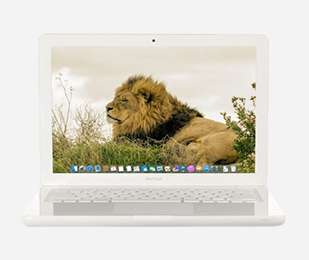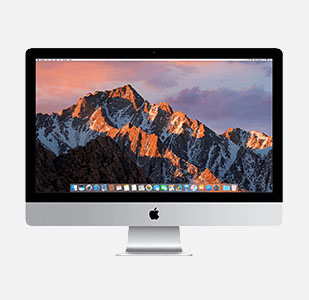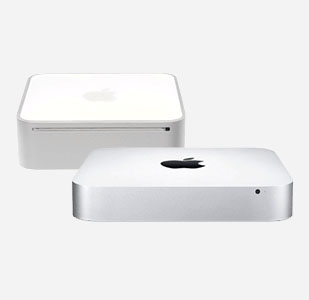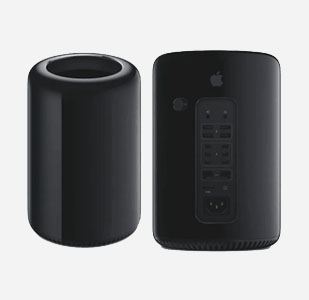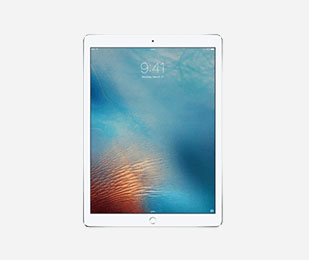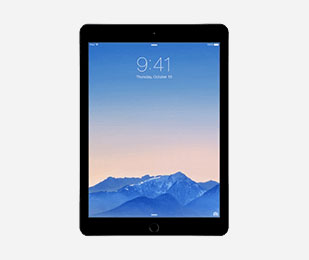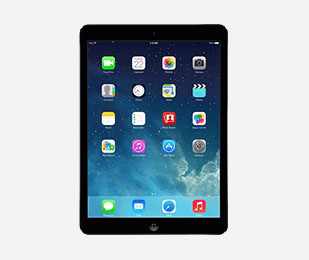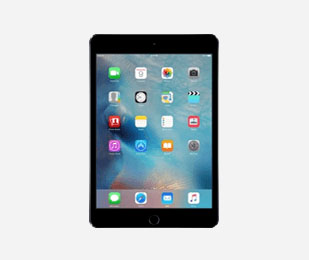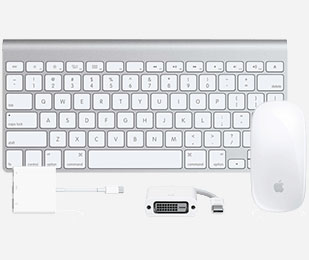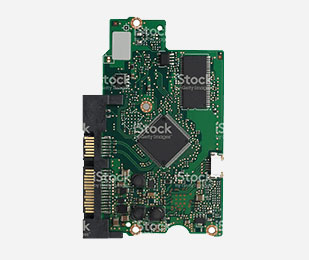What's Causing the Rising Cost of Computers?
Posted by Mac of All Trades Tech Team on 12 12, 23

If you've ever tried to find a good deal on a computer, you know it can be a challenge. Powerful and convenient, laptops continue to grow in popularity and necessity — but why do they cost so much? Some laptops may only weigh a few ounces, but they can set you back thousands of dollars.
To get to the bottom of the rising cost of computers, it's necessary to look at various factors that influence their design, manufacturing and distribution. Industry and global conditions also affect technology costs. Read on to explore four reasons behind high computer prices and how you can get the best deal.
1. Technology Advancements
As technology advances, consumers are beginning to expect more from their devices. Tech giants like Apple face a constant uphill battle to design, develop, manufacture and release the newest technology ahead of the competition. Here are some current trends in tech advancement include.
- Size: You might notice computers getting thinner and lighter, even as their processing power grows. Since students and professionals are increasingly mobile, they need technology that moves with them. Laptops like the MacBook Air are enormously popular for their powerful processors and ultraportable design.
- Display: From streaming Netflix to editing video footage, a good display is essential. Computers must have high resolutions and features like HD cameras for clear videoconferencing.
- Power: Processing power is another influential factor in computer pricing. Advancements in computer processing power are a direct response to consumer demand for enhanced capabilities from their devices. For example, some Apple MacBook Pros now come with an eight-core M2 processor — one of the most powerful on the market.
- Storage: Even with the popularity of cloud storage, companies are developing computers with bigger and better storage capacities to accommodate more applications, videos, pictures and programs.
While consumers benefit from more powerful and advanced devices, these improvements hike prices. With less competition from other brands, companies like Apple can also heavily influence the price of all related goods on the market.
2. Supply Chain and Trade Restrictions
So many factors affect the price of computers, but a significant portion of the cost relates to manufacturing and distribution. Creating a computer or smartphone from raw materials involves a global effort. Chip shortages and international tariffs are two reasons for rising laptop costs.
Chip Shortages
Chips are essentially the “brains“ of electronic devices, and they're essential for products like televisions and computers. In 2021, media sources began reporting on a looming problem in the tech industry — a global chip shortage.
Triggered by factory shutdowns and disturbances in the supply chain from the COVID-19 pandemic, chip manufacturers struggled to keep up with demand. It also didn't help that the pandemic saw a 34% increase in computer purchasing, further exacerbating the rise in costs. Apple even had to delay the release of the iPhone 12 due to these market challenges.
As one of the largest producers of computer chips, Taiwan Semiconductor Manufacturing Company is responsible for 56.4% of the global semiconductor market. TSMC announced they planned to raise prices on chips in 2023, partly due to the weakening of the yen and the increase in energy costs due to the war in Ukraine. This price hike affects many leading brands, including Apple.
Tariffs
A tariff is a tax on goods or services imported from another country. Since many aspects of computer manufacturing happen abroad, tariffs affect computer prices. Apple has factories and distribution facilities scattered worldwide, and moving parts from one country to another comes with tariffs, which affect the cost of their products.
Tariffs introduce two crucial challenges that raise computer prices.
- Higher taxes mean higher prices: Manufacturers factor tariffs into the final product cost. If tariffs are higher, it follows that the product will have a higher price tag.
- Political conflicts trigger retaliatory tariffs: Due to various complex political situations, countries might raise tariffs on one another in retaliation. For example, the United States' Section 30 tariffs on imports from China reduced semiconductor imports by 72.3%.
3. Inflation
Computer prices see an uptick when inflation is on the rise. When the cost of raw materials, production and labor increase, so does the final price of consumer products. Computer components are particularly sensitive to these fluctuations in the global economy.
4. Consumer Demand
Consumer behavior is also a reason for the change in computer prices. These days, there is a higher demand for device portability than ever before. While desktop computers are increasingly popular in the gaming community, laptop and tablet use has grown exponentially. Everyone from high school students to CEOs needs access to their computers on the go. This demand contributes to higher prices, as different companies compete with each other to produce new and improved products.
Furthermore, consumers expect more from their portable devices than in the past. Gaming, streaming and video calling are now essential functions consumers demand, even from no-frills laptops and tablets.

Refurbished Computers — The Answer to Rising Costs
Demand for personal computers is increasing along with the cost of buying these machines. However, purchasing refurbished technology can combat rising prices while supporting more eco-friendly commerce practices. The refurbishment process puts a demo, unused return or previously owned computer model through rigorous testing and resells it at a discounted price.
There are many reasons you might choose to buy a refurbished computer over a new model.
- You want value for your money: Refurbished computers have comparable value to new models, but they come at a decreased cost to you. For instance, Apple laptop prices for a refurbished MacBook Pro may be hundreds of dollars less than a new machine, even for some of the most recent releases.
- You can access warranties and technical support: A good refurbisher will offer a warranty on their products in addition to having a dedicated support staff to answer your questions.
- You have unique needs: While the demand for new and improved technology is high, some shoppers want features they can only access on older models. For example, newer Mac models do not have ports, instead requiring external adaptors.
Shop Refurbished Mac Computers From Mac of All Trades
If you want to buy an excellent computer at a reduced cost, shop with a reputable refurbisher like Mac of All Trades. A refurbished Apple product has all the same bells and whistles as a new one, and our thorough 40-point inspection ensures a product you'll be happy with.
Shop used and refurbished Mac laptop computers to find what you need today.


